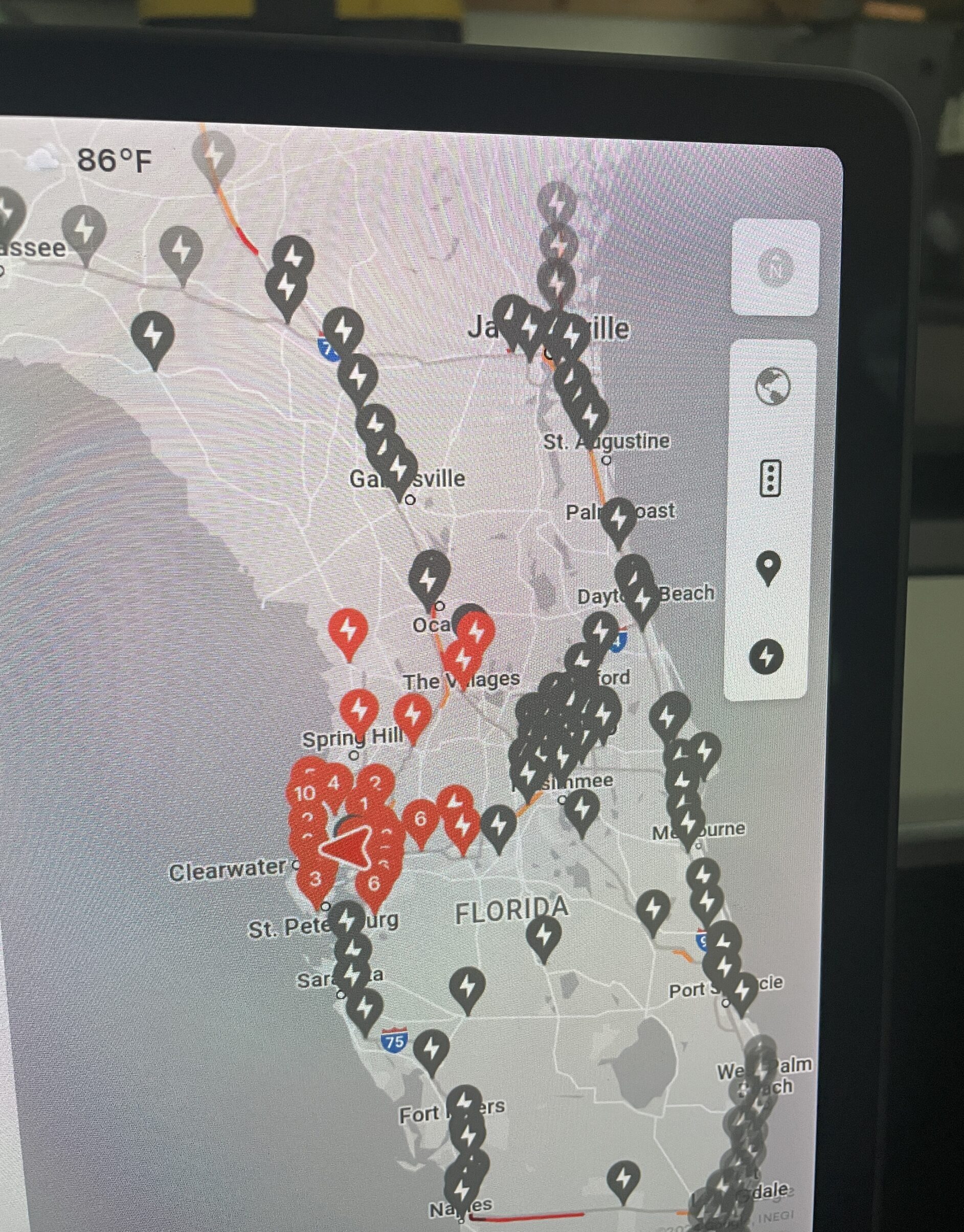Source Original Story Here
The Federal Court has approved a consent order requiring Environment and Climate Change Minister Steven Guilbeault to unblock Rebel News publisher Ezra Levant on Twitter. The order stems from a 2021 lawsuit filed by Levant which argued that blocking “violated the Applicants’ constitutional rights under section 2(b) of the Canadian Charter of Rights and Freedoms in blocking access to official governmental Twitter accounts, and thereby limiting the Applicants’ ability to, inter alia, access and communicate important information, participate in public debate, and express views on matters of public concern.” The order also includes a $20,000 cost award to Levant. Regardless of your views of either Levant or Guilbeault, the principle that government ministers should not block access to their feeds given the implications for freedom of expression is an important one.
The case dragged along for a couple of years and given the full agreement to stop blocking and pay costs, it appears that the government and Guilbeault recognized they were likely to lose. Instead, they agreed to a consent order in an effort to avoid establishing an adverse precedent. Yet even the consent order sends a signal to government ministers and others speaking on behalf of the government that limiting public access to Twitter or social media feeds may violate Canadians’ Charter rights to access government information.
The issue of blocking users on social media has received considerable attention in the past, with the CCLA and Canadian media covering the issue. In 2018, a lawsuit was launched against then-Ottawa Mayor Jim Watson over blocking users on Twitter, but I don’t know what became of that case. In the U.S., the question is headed to the Supreme Court, which earlier this year agreed to hear a pair of cases involving politicians blocking users on Twitter and Facebook.
While it is both understandable and reasonable for politicians to want to avoid harassment or other inappropriate behaviour online, social media services typically have a “mute” function that would allow them to do so without blocking public access to their feeds. Moreover, given the implications of Bill C-18 and blocked news links, government information may only be available directly from the original source on some services, thereby increasing the importance of unfettered access. Levant says that the government wanted him to sign a confidentiality clause in order to keep the settlement secret. He refused and has thereby opened the door to similar claims against ministers or others speaking on behalf of the government that block users since such an approach is clearly vulnerable to a legal challenge as a likely violation under the Charter.
Share This:




